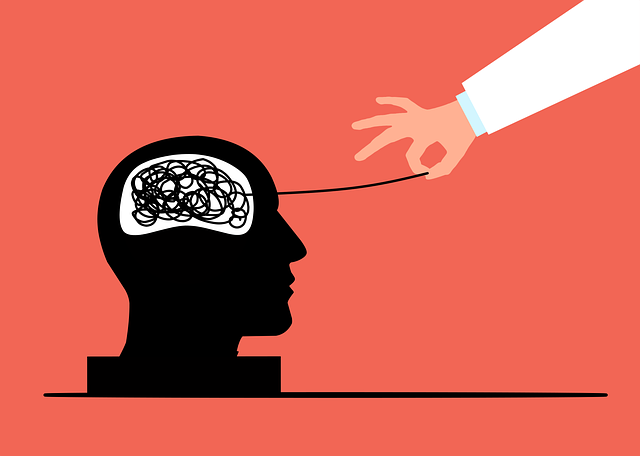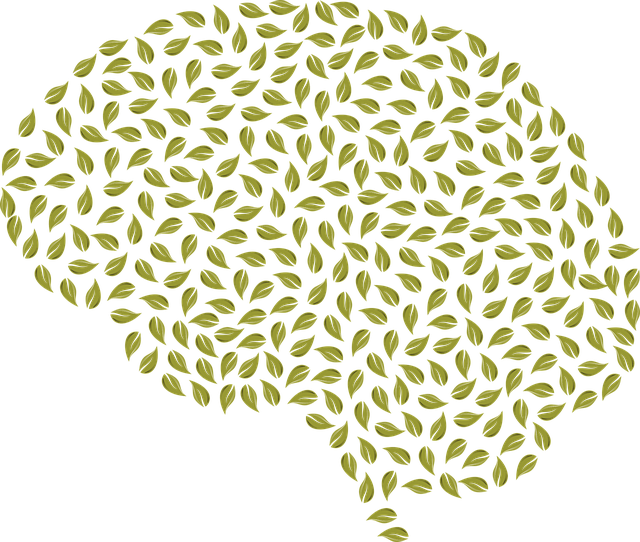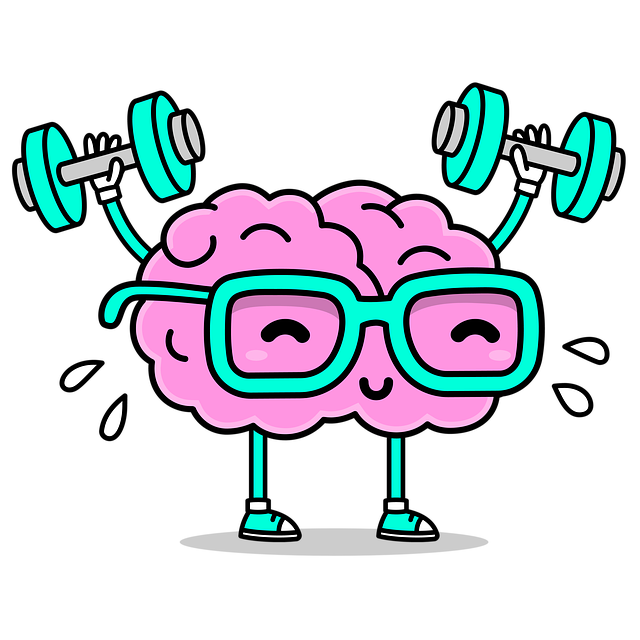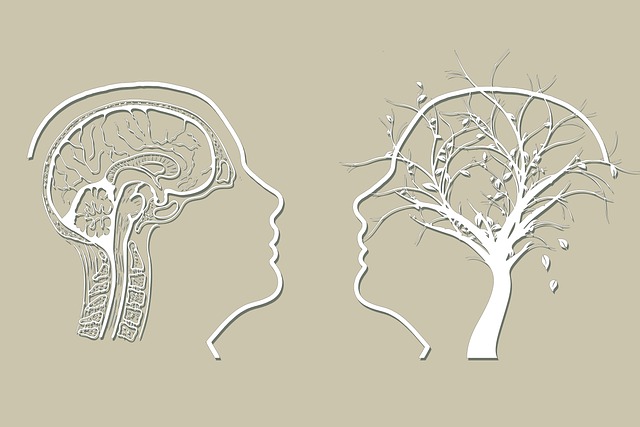Mental illness diagnoses require a thorough initial assessment by qualified professionals, followed by tailored treatment plans at centers like Wheat Ridge Suicide Prevention Therapy, focusing on areas like burnout prevention and self-care. This holistic approach combines therapy, skill development, and support groups to empower individuals in managing their mental health, fostering resilience, and enhancing quality of life.
Mental illness diagnosis and treatment can be a complex, overwhelming journey. This article serves as your comprehensive guide, offering insights into every step of the process from understanding diagnoses to navigating various treatment options. We explore the transformative power of Wheat Ridge Suicide Prevention Therapy, highlighting its role in mental health recovery. Furthermore, we provide resources and strategies to support continuous well-being, ensuring a holistic approach to overcoming mental health challenges.
- Understanding Mental Illness Diagnoses: Unraveling the Process
- The Role of Wheat Ridge Suicide Prevention Therapy in Treatment
- Navigating Treatment Options: A Comprehensive Guide
- Supporting Recovery: Resources and Strategies for Continuous Well-being
Understanding Mental Illness Diagnoses: Unraveling the Process

Mental illness diagnoses are a complex and intricate process that often involves a team of healthcare professionals. It begins with an initial assessment, where a qualified therapist or psychiatrist meticulously evaluates symptoms, medical history, and overall well-being. This step is crucial in determining if there’s an underlying mental health disorder and its severity. The evaluation may include discussions about mood, thoughts, behaviors, and any challenges impacting daily life.
Through this process, professionals consider various disorders, from depression and anxiety to more complex conditions like bipolar or schizophrenia. They might employ standardized assessment tools and questionnaires to gain a comprehensive view of the individual’s mental state. Once a potential diagnosis is identified, further testing or specialist referrals may be recommended to confirm the diagnosis. This careful navigation ensures individuals receive accurate diagnoses and tailored treatment plans, such as those offered at Wheat Ridge Suicide Prevention Therapy, addressing burnout prevention, cultural sensitivity in mental healthcare practice, and self-care routine development for better mental health.
The Role of Wheat Ridge Suicide Prevention Therapy in Treatment

Wheat Ridge Suicide Prevention Therapy plays a pivotal role in the navigation of mental illness treatment, offering crucial support and resources to individuals facing suicidal thoughts or emotional crises. This therapy focuses on providing immediate crisis intervention guidance, ensuring individuals receive the necessary tools to manage their mental health effectively. Through skilled professionals, the program offers a safe space for open dialogue, encouraging clients to explore underlying issues and develop personalized coping strategies.
In addition to direct therapy sessions, Wheat Ridge Suicide Prevention Therapy contributes to the broader mental wellness landscape by promoting Self-Care Routine Development for Better Mental Health. They also curate a Mental Wellness Podcast Series Production, offering valuable insights and practical advice through engaging content. These initiatives collectively empower individuals to take charge of their mental health, fostering resilience and hope in navigating life’s challenges.
Navigating Treatment Options: A Comprehensive Guide

Navigating treatment options for mental health can be a daunting task, but with comprehensive guidance, individuals can find their path to healing and recovery. At Wheat Ridge Suicide Prevention Therapy, we offer a holistic approach to mental wellness coaching programs development, focusing on tailored strategies to meet unique needs. Our experts provide a safe space to explore various therapeutic methods, including Social Skills Training, designed to empower clients with practical tools for improving interpersonal interactions.
Through individual assessments and personalized planning, we guide patients through the maze of available treatments. This may involve combining traditional therapy, medication management, and evidence-based practices like Positive Thinking techniques to create a comprehensive care plan. By offering these diverse resources, we ensure that every person receives the support needed to navigate their mental health journey effectively.
Supporting Recovery: Resources and Strategies for Continuous Well-being

Supporting recovery is a multifaceted process that goes beyond initial diagnosis and treatment. Resources like Wheat Ridge Suicide Prevention Therapy play a crucial role in fostering continuous well-being. They offer specialized support groups, individual counseling, and evidence-based practices tailored to address mental health challenges. Engaging in these services helps individuals develop coping skills, enhance emotional resilience, and maintain a sense of balance amidst life’s stressors.
Beyond therapy, Stress Management Workshops Organization often organize sessions focused on promoting emotional well-being. These workshops teach practical techniques for managing stress, anxiety, and depression. By equipping individuals with effective coping skills, these initiatives empower them to navigate their mental health journeys independently. Emotional Well-being Promotion Techniques, when incorporated into daily life, can significantly contribute to long-term recovery and improved quality of life.
In navigating the complex landscape of mental illness diagnoses and treatment, resources like Wheat Ridge Suicide Prevention Therapy play a crucial role in fostering recovery. By understanding the process, exploring comprehensive guides to treatment options, and adopting supportive strategies for continuous well-being, individuals can find hope and healing. These efforts not only enhance quality of life but also underscore the importance of accessible, effective therapy in our digital age.














